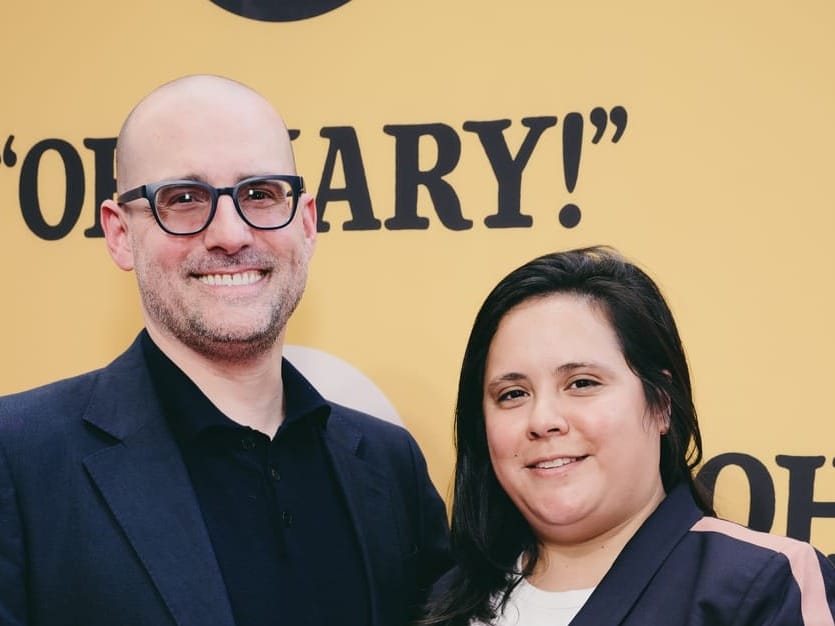Broadway businesses are being gutted as revenue streams dry up due to the closure of the theaters.
Employers have been laying off staff members across all sectors of the industry, including advertising, ticket selling and producing offices and at scenic and lighting design shops. While there may be some relief coming in form of government loans and stimulus packages, the uncertain timeline of Broadway’s return has made it hard for these businesses to make any kind of financial plan.
Broadway is not alone in facing unemployment issues, as New York ordered the physical closure of non-essential businesses to help stop the spread of COVID-19. The New York State Department of Labor, where New Yorkers file for unemployment, has seen a 1000% increase in claims filed in some parts of the state, according to reports.
The issue for all the impacted offices on Broadway is that they rely on the structure of the Broadway season and the flow of advertising dollars and contracts brought in by live shows.
“There is not a business that serves Broadway that won’t be affected by this,” said producer Ken Davenport. “It will hit us all, it’s just a question of when it gets to every single business.”
Thus far, there have been layoffs at businesses with ticket member programs including Show-Score and Theatre Development Fund. In the advertising space, the Pekoe Group has laid off staff members, with some employees remaining on payroll with full benefits, according to president Amanda Pekoe. SpotCo has placed a portion of its staff on temporary furlough, with those affected still receiving health benefits. Many more are hurting.
Throughout the process, many of the small businesses on Broadway have been in communication with each other to discuss options and commiserate about the emotional toll of this experience, said Damian Bazadona, president of digital marketing agency Situation.
“There’s very few winners in this,” Bazadona said. “Everyone’s getting crushed.”
That also includes the behind-the-scenes stage shops. Hudson Scenic, which builds sets for Broadway shows including “Aladdin,” “Hamilton” and the now shuttered “Hangmen,” has suspended operations in its shop and has conducted layoffs as their projects in theater, with cruise lines and theme parks and in hospitality and retail have all been put on hold.
Christie Lites, which rents lighting equipment to shows including “Harry Potter” and “Hadestown,” has laid off about 200 staff members globally. Theater makes up about 20% of business for the live events company, which had to shutter its Broadway-focused New Jersey shop in an effort to keep the business alive.
“It’s sad and it’s devastating financially, but it’s fairly straightforward, which is: The revenue streams have just dried up,” said Huntley Christie, chief executive of Christie Lites.
These business woes add to the growing unemployment numbers on Broadway, which include the actors, directors, stage managers, musicians and more who were working on productions or contracted for future shows. Actors’ Equity counts 1,142 actors and stage managers impacted by the theater closures and the Stage Directors and Choreographers Society estimates that 100 members have lost work. The musicians’ union, Local 802, typically has between 1,100 to 1,600 members working on Broadway.
The biggest issue for business owners is that they don’t yet know when Broadway, and their revenue, will return. The Broadway League has not yet made any public announcement on extending the current closures past April 12. However, the Tony Awards have been pushed from June 7 to a future date and nonprofit theaters have already moved some productions to the fall, as many believe the closures will last longer.
And even when Broadway gets the green light to reopen, many wonder when the audience, primarily made up of older patrons, will feel safe returning to the theater.
There may be help on the horizon in the form of the $2 trillion government stimulus package being readied for a vote on Wednesday. Though the full text of the bill has not yet been released, small business owners see promise in a reported $350 billion fund for small businesses to support their payroll and stem further layoffs.
Still, Bazadona said he is concerned that Broadway may be overlooked in this, as small businesses across the country grapple with similar issues. And there’s concern that any money provided by this bill will not reach some of these businesses in time.
“Most people don’t have the runway or cash flow to necessarily wait,” Bazadona said.
New York has also offered its own relief programs to small businesses, including grants of $27,000 to cover payroll costs for enterprises between one and four employees. However, these loans can be hard to come by as businesses must show that they have already lost at least 25% of their revenue due to coronavirus.
Thus far, producers have shouldered the majority of the costs for the affected workforce on Broadway. Last week, producers agreed to pay to pay and provide health insurance to all Broadway employees during the currently scheduled suspension of shows.
And while producers may not be able to take on more of the costs, Davenport says he believes members of Broadway must work together to save the small businesses. That could mean holding onto existing contracts, if possible, or promising future contracts, whenever Broadway is back in business.
“I think this is one of those situations where we can’t rely on others to bail us out,” Davenport said.
-Gillian Russo contributed to this report.


























































